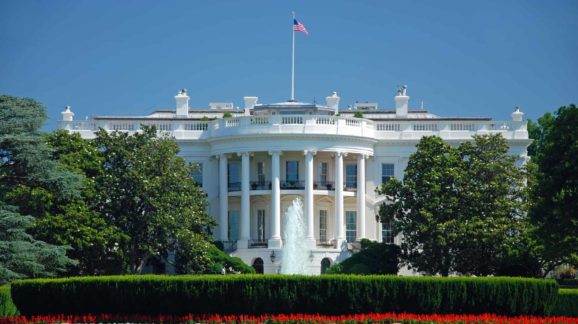Regulatory reform takes all three branches

Photo Credit: Getty
Over at The Hill, Wayne Crews and I argue that regulatory reform requires all three branches of government. Not only is a healthy separation of powers a healthier form of government for the long run, but the administration cannot accomplish even its short-term goals without Congress and the courts making reforms permanent:
The Department of Government Efficiency (DOGE) is not a sufficient force for deregulation, as it lacks Congress’s legislative authority and has in any event focused more on agency payrolls than regulatory actions. We need Congress to step up. Otherwise, as the Archbridge Institute’s Justin Callais points out, if Trump can cut spending without Congress, “what is to stop future Presidents from adding to government spending without congressional approval?”
Courts also need to be more engaged in regulation. If an executive branch agency issues an unconstitutional rule or one that Congress never authorized with a statute, the judiciary’s proper role is to strike it down when presented with pertinent litigation. That is the court’s role in maintaining the Constitution’s separation of powers. Recent court decisions regarding the major questions and non-delegation doctrines make it easier for courts to do their job. Next comes the test.
Read the whole thing here. The 2025 edition of Wayne’s Ten Thousand Commandments is here.